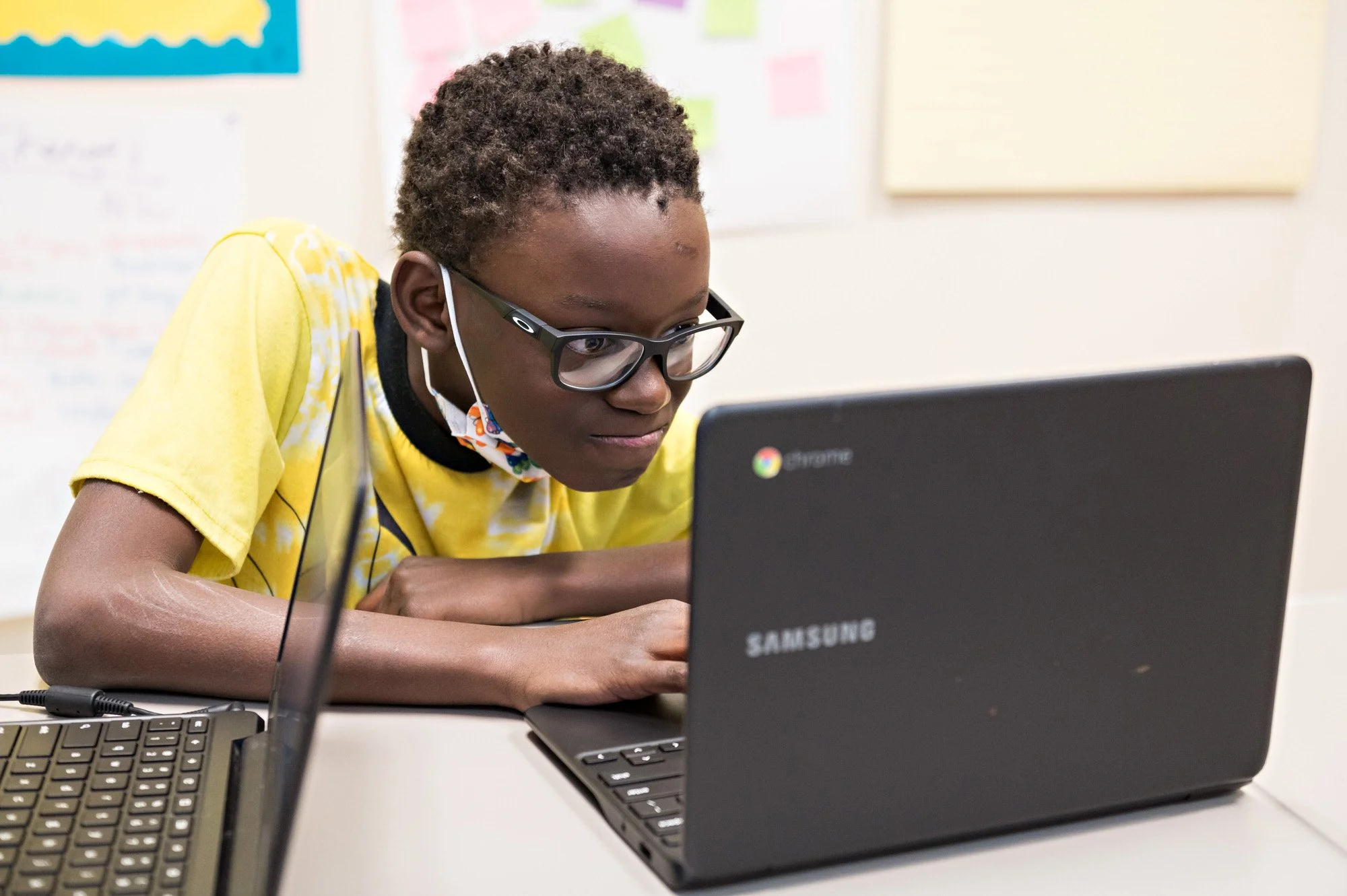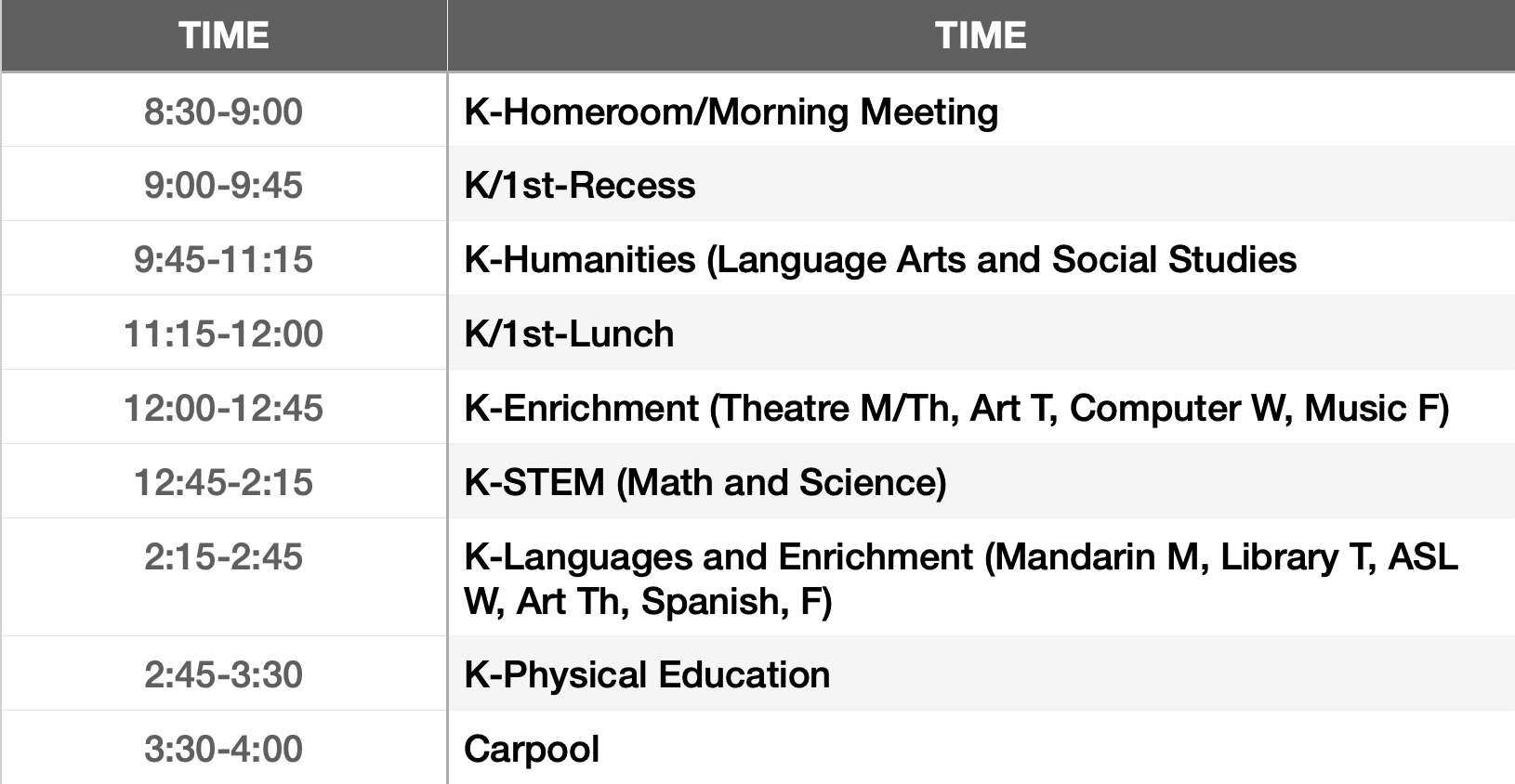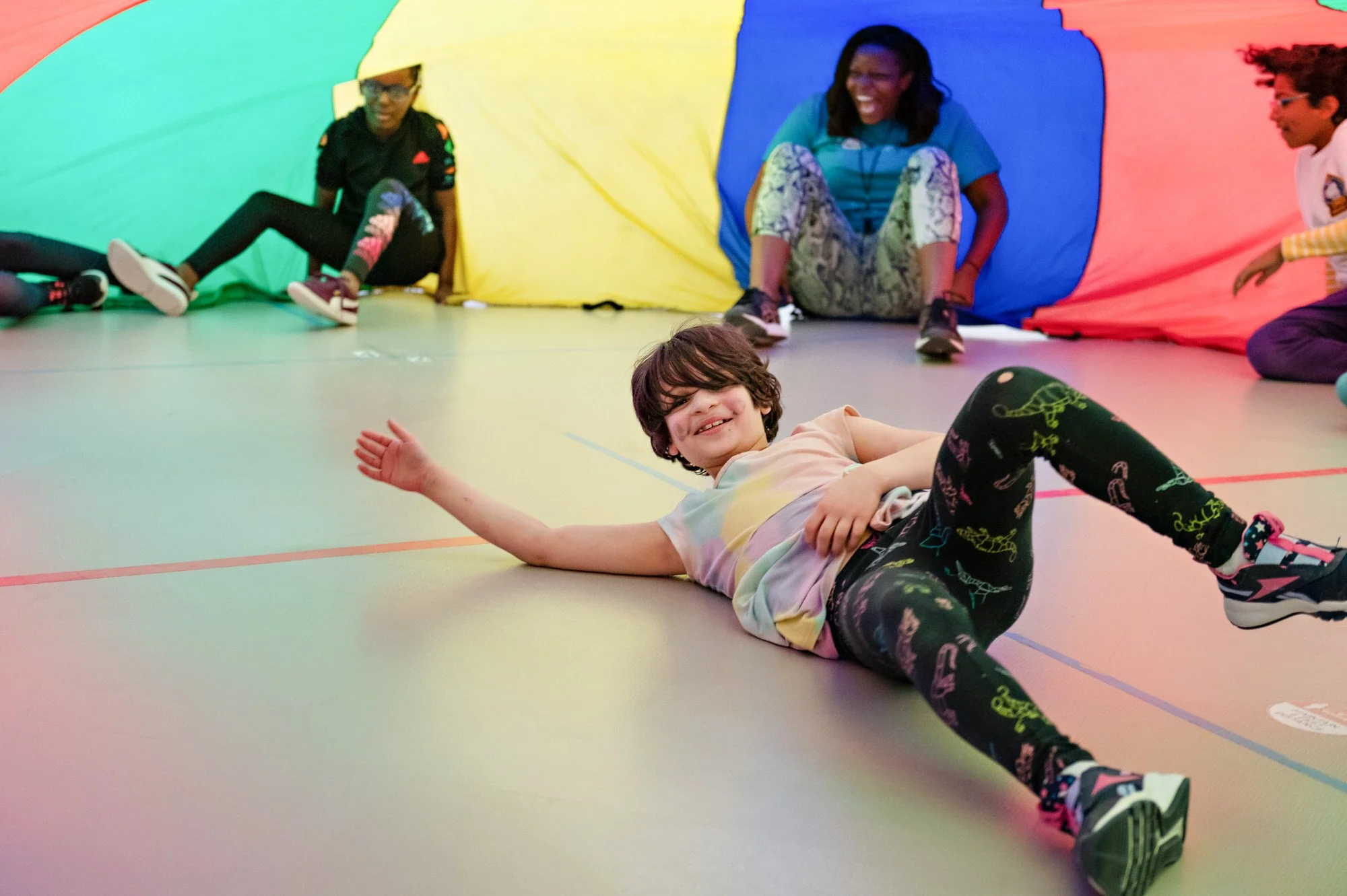
Elementary School K-5
Building the foundations for critical thinking.
Elementary students at MIS discover the world around them through hands-on explorations and collaborative problem-solving on a daily basis. Small classroom environments allow each individual child to thrive, as they are given endless opportunities to build on their unique strengths and take on challenges that spark complexity of thought. As a school, we pride ourselves in the passions that become unlocked as we prepare our students to become both lifelong learners and global citizens.
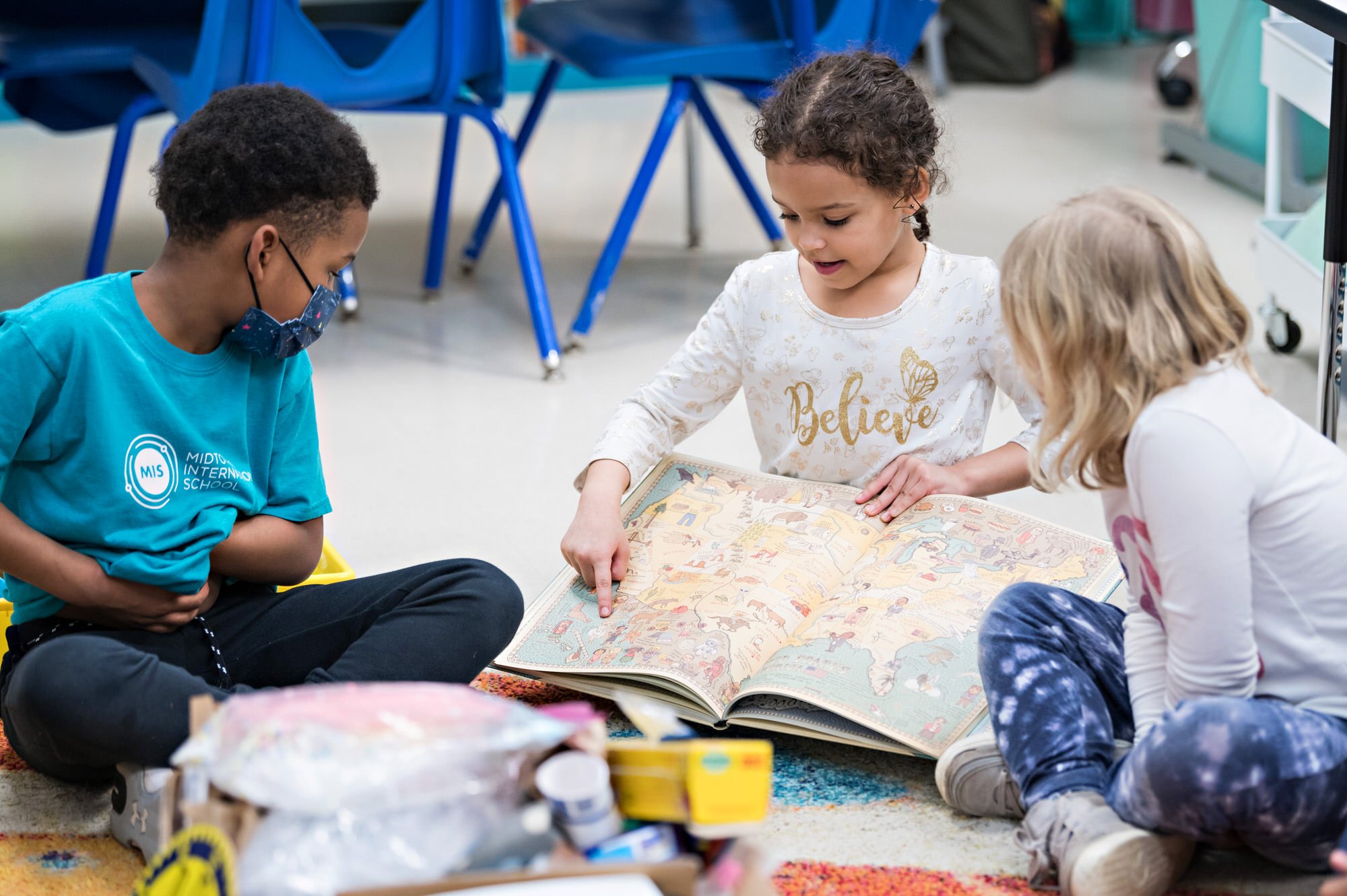


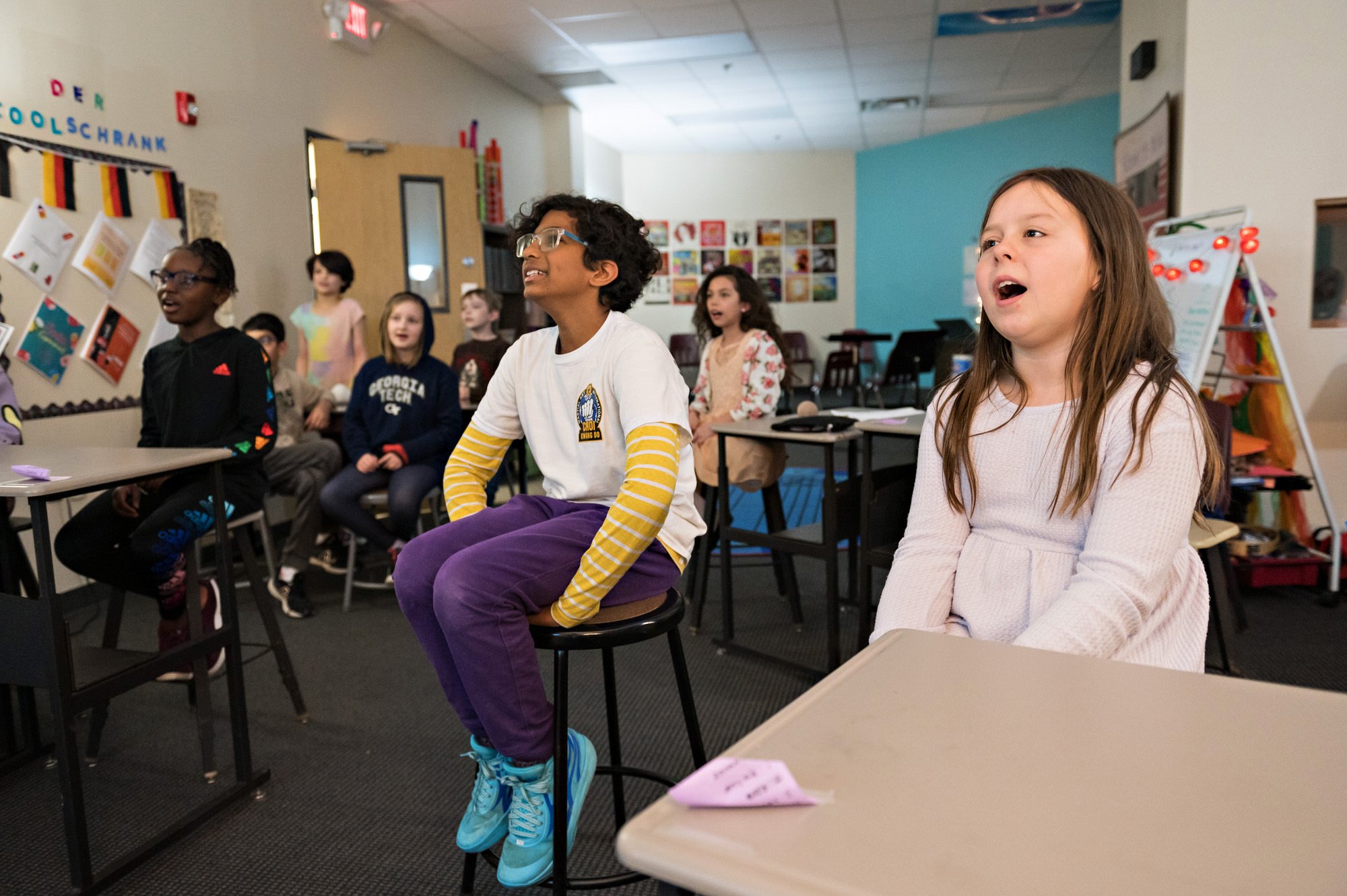
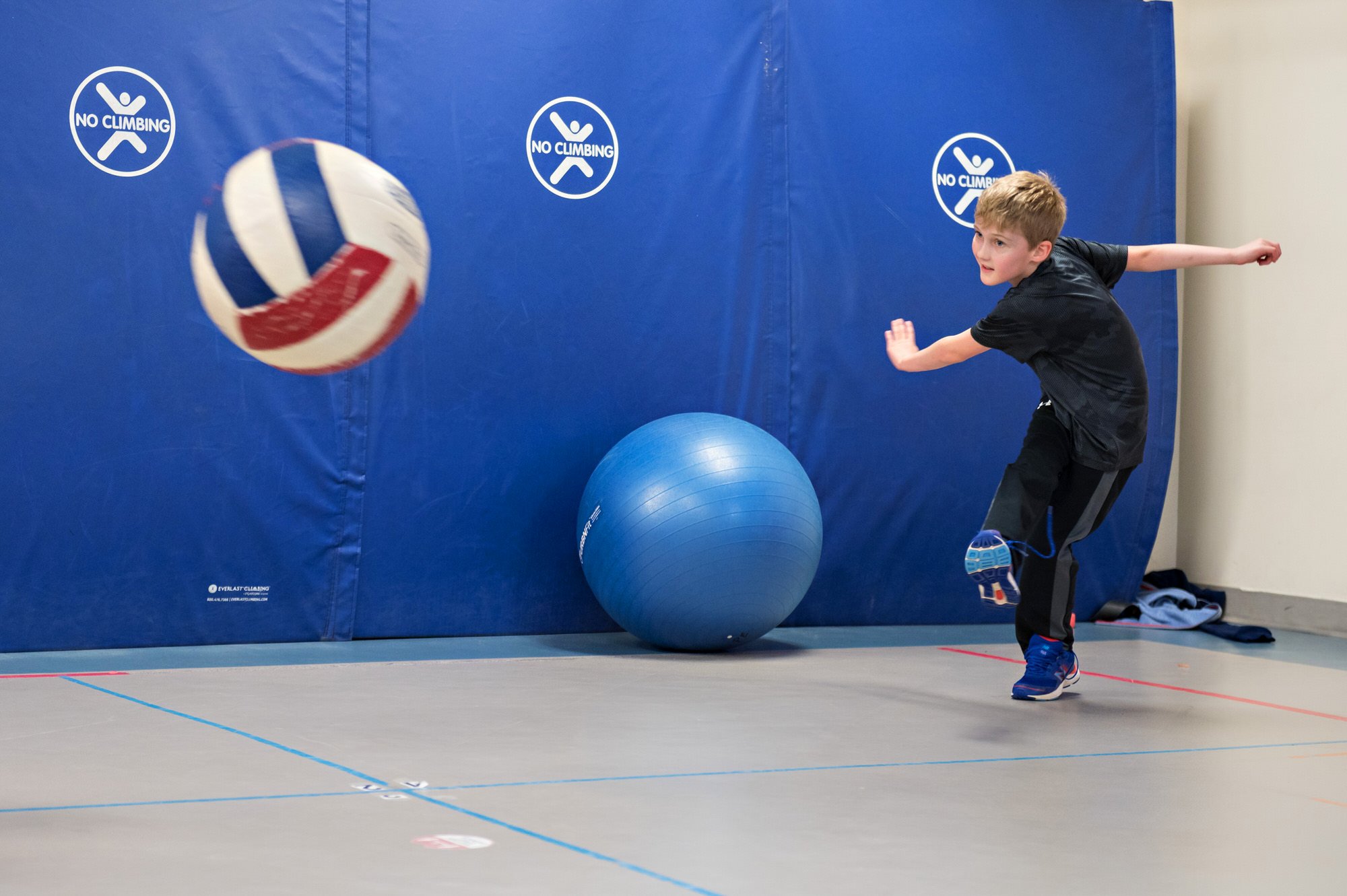

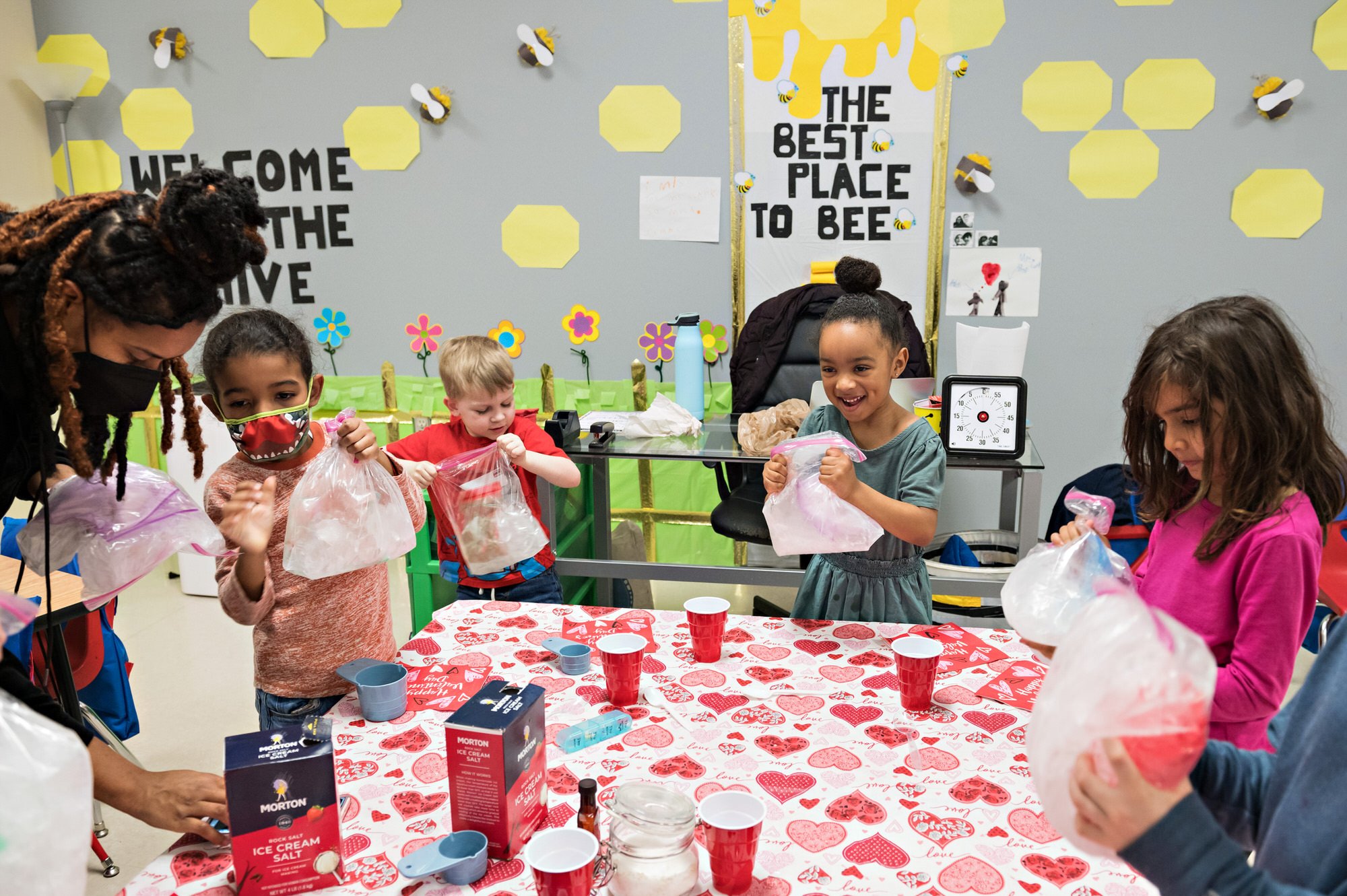
A Day in the Life of an MIS Elementary Student
Homeroom/Morning Meeting allows for a soft start to the school day where students can greet their friends, familiarize themselves with daily routines and the daily schedule, get extra support from teachers, and review other announcements.
English language arts and social studies are taught as a crosscurricular humanities block and science and math are taught as a crosscurricular STEM block daily.
Languages: Starting in Kindergarten, students have language classes each week in Mandarin, Spanish, and French.
A rotation of weekly enrichment classes includes art, music, theater and social skills, and computer science.
PE and Recess happen daily for all students.
Lunch, like recess, happens in multi-age groups (K/1, 2nd/3rd, and 4th/5th) to allow students to broaden their social experience at school and support grade-level transitions.

Sample Elementary Student Schedule
(times and courses will vary by grade level)
A Message from our Principal, Dr. Munib Rezaie
Hello and welcome from your Principal! My name is Dr. Rezaie, and it is my pleasure to be a part of your MIS experience. The elementary years are an exciting span of immense growth and learning for all students. Here at MIS, we work diligently to support and guide that growth in a way that encourages our students to be confident in their own identities, unafraid to ask questions of themselves and the world around them, curious and critical seekers of knowledge and understanding, and kind, uplifting members of their community. Please do not hesitate to reach out with any questions you may have. We are happy you are here.
-
Each day includes both unstructured and structured play. Elementary students have a 30-minute recess every day. This is in addition to a daily 45-minute PE class (a variety of indoor and outdoor lessons). We also schedule 45 minutes for elementary lunch and have that lunch outdoors as much as possible so that it can incorporate even more opportunities for movement and fresh air.
-
While we are not a "no homework" school, we value the family and recreational time that afternoons offer students. Homework is not viewed in the traditional sense at MIS, and when assigned, it is designed to maximize student learning opportunities in the classroom. We believe that the purpose of homework is twofold: 1) to get students to think more about the lessons they have covered or are going to cover, and 2) to open dialogue about the curriculum content with family. As we build and model life-long learning, we do not think learning should be wholly constrained within the school day; however, learning activities assigned for homework should be purposeful and intentional. For example, families might see homework designed to prepare students for in-class participation, such as research, brainstorming, or reading rather than homework that serves as a summative assessment of learning and grade value. As teachers engage in differentiating learning based on students needs, students may be asked to practice routine skills at home to become more familiar and fluent with the content. Homework time might also be used to complete make-up work after an absence, work on an assignment with an extended due date, make use of approved extended time where applicable, or finish incomplete work if a student’s choices kept them from using class time appropriately. If homework is assigned, it's design will allow class time to be prioritized for collaboration, discussion, productive work, and problem-solving.
-
Our code of conduct and progressive discipline procedures are outlined more specifically in our student and family handbook. Our overall goal is to make sure that we align our vision for our environment and the accountability within it with our core values.
We expect students to be active, engaged, and positive members of our learning community. Students, administrators, teachers, parents, and guardians at Midtown International School work together to support the mission of the school and uphold our values.
Expectations for conduct for all stakeholders in our community come back to upholding and modeling our four core values of respect, responsibility, justice, and citizenship and contributing to a school environment that is physically, emotionally, and socially safe.
Faculty members are committed to maintaining safe classroom environments. Students should report to an MIS staff or faculty member any behavior that is unsafe.
Faculty members will also clearly establish rules and expectations for behavior in the classroom that are consistent and with clearly communicated logical consequences.
Our progressive discipline plan is rooted in our core values and follows a restorative justice model in order to support, communicate, and structure self-reflection on how decision-making and accountability influence our role as citizens in our community.
-
At the elementary school level, the students rotate through three different languages each week having at least one class in each offered language, and two sessions of some as the master schedules allow.
Current languages in the elementary school are Spanish, Mandarin, and American Sign Language, but these offerings may vary as our different opportunities present themselves from year-to-year.
The goal of language instruction at the elementary level is exposure to the language acquisition process, developing a love for languages and the cultures that accompany them, and a conversational foundation developed over time.
At the elementary level, feedback on progress in language classes is narrative rather than numerical. Once students enter middle school, their language options expand, and they select one language to focus on as a graded core academic class.
-
We do offer after care as well as a variety of option after school programs. Learn more about our After School Programs.
Elementary FAQs
Additional questions? Visit our general FAQ page, schedule a tour, or contact us.

